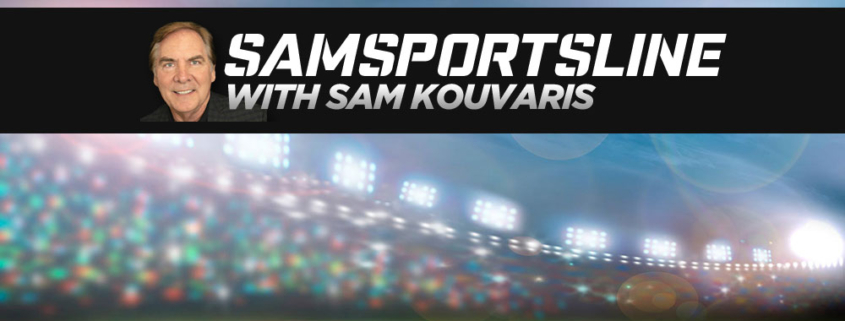Tour 2004
I was asked the other day why I was such a big fan of the Tour de France. The answer was easy. It doesn’t have anything to do with Lance Armstrong or the U.S. Postal team. I’ve fervently followed the Tour for more than two decades. It’s a competition that is among the most pure in sport (at least now it’s supposed to be since they’ve “cleaned up” the blood doping problem.) It reveals weaknesses and strengths just the same. It doesn’t discriminate. There’s still a certain amount of sportsmanship involved, and professional etiquette.
The preparations are arduous, but exactly how can you prepare for more than 2,000miles on your bike over less than three weeks? To just finish the Tour, you have to be complete in body and mind, willing to test your physical limits as well as your mental toughness. You know you’re going to suffer. You know your mind is going to say STOP before you make the first pedal stroke on a particularly difficult mountain stage. You know your legs are going to hurt, and not feel better for a while. And you know you’ll be emotionally exhausted almost every day. On top of those tests, this most grueling of all individual sports involves a team aspect as well. Each team with a leader, each leader with the goal of wearing the yellow jersey. Each teammate has to be physically ready to ride and as important, have no personal ambitions whatsoever.
How do you approach a race knowing that you’ll spend the next 2,000 miles on your bike, wearing yourself out, trying to help somebody else win! It makes no sense, yet dozens of “domestiques” line up each year just to say they were part of the Tour de France. As well as a physical and mental struggle, the Tour is also dangerous, with numerous broken bones, dislocated joints, and even a few deaths part of the Tour’s history.
Greg LeMond upset the international cycling community when he won the Tour, and came back to do so twice more after being accidentally hit with a shotgun spray fired by a friend on a hunting trip. LeMond wasn’t supposed to be able to win the tour. He’s an American, for goodness sake! This was at a time when only Frenchmen, Belgians and the occasional Italian and Spaniard had won the race. It wasn’t supposed to be part of the American psyche, the American culture to allow an athlete to develop into a world class cyclist. But Lemond won and might have kept winning had Miguel Indurain not come along.
Lance Armstrong was never supposed to win the Tour de France. In fact, he wasn’t ever supposed to finish it. He was too big, too muscular and not able to stay with the best climbers in the world during the Tour’s mountain stages. After recovering from cancer, Armstrong came back to cycling lighter but with the same power, enabling him to climb like never before. His approach, like every other cyclist in the Tour, is very scientific. So much so, that his training is worked on down to the heartbeat. Work at this intensity, for this amount of time and you’ll be world class. And even though it’s scientific, there’s something else to it that’s not easily explained by numbers and calculations. There’s will, there’s heart, there’s something intangible about the guy who gets to the top of the mountain first.
And that’s why I’m such a fan of the Tour de France.



